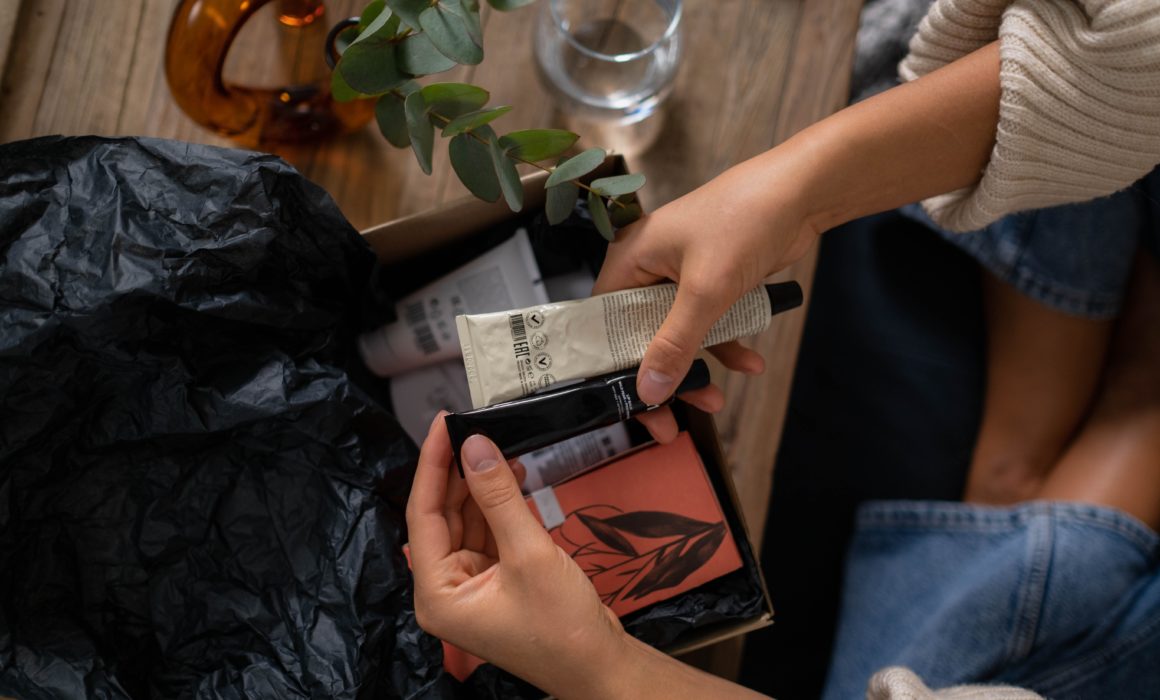Influencer Marketing 101: Influencer guidelines you need to know about in Australia
The Australian Influencer market is highly populated, and as weŌĆÖve learned, can be very profitable for businesses. However, with so many influencers to work with and a multitude of brands looking for both paid and contra influencer partnerships to elevate their presence, there needs to be rigorous guidelines in place to ensure that Influencer marketing is ethical, honest and as transparent as possible.
Partnering with anyone in business, whether itŌĆÖs an influencer, another business or a freelancer can be risky, so you want to ensure that both you and any third-party are doing everything right to ensure you donŌĆÖt land in any hot water. So, to make sure your business and any influencer that you partner with donŌĆÖt end up in trouble, lose business, or in todayŌĆÖs society get ŌĆścancelledŌĆÖ, itŌĆÖs important to stay up to date on all influencer codes of practice.
To simplify this process, weŌĆÖve put together an overview of the main influencer guidelines you need to know before using Influencer marketing strategies for your business.
Firstly, you should know that influencer guidelines in Australia are tighter and stricter than ever before. In July 2020, the Australian Influencer Marketing Council released an Influencer Marketing Code of Practice to build greater transparency and trust within the industry.
Prior to then, influencers regularly found themselves in strife with their audiences and brands, for their lack of transparency, often making it seem as though their sponsored posts were products that they used without being sponsored in some way by the brand.
In addition to this, the Australian Influencer Marketing Industry now has a new advertising code of ethics, developed by the Australian Association of National Advertisers, that took place as of February 2021. This code of ethics obliges all influencers to disclose any commercial relationship that they have with brands in an upfront manner.
So, what does any of this actually mean?
It means that Influencer marketing needs to be completely transparent. If you, as a company, partner with an influencer to promote your product or service, that partnership needs to be made clear to the public.
Unfortunately, this can be difficult for brands, as you want influencer marketing to look authentic, honest and real. When #ad #paidpartner is included in the caption of an InfluencerŌĆÖs post, an element of authenticity is lost. Unfortunately, audiences want to believe that every influencer genuinely believes what theyŌĆÖre promoting, and when a payment is added into the equation, that belief can be compromised.
However, influencers can still share their genuine, honest opinions of brands that they both use and love, as well as those they partner with for commercial reasons. Only now, audiences have all of the information they need to know when there is a promotional involvement between a brand and influencer, and can then decide whether or not to purchase based off an influencerŌĆÖs review.
When is an advertising disclosure required?
Advertising disclosures are required when there is a contractual agreement. Whether that be a verbal recording, email documentation, digital or other document. This includes:
- Any transaction with financial payment
- Gifts
- Free Products
What should influencers do to make sure they follow guidelines?
Every influencer has to meet the minimum disclosure of influencer marketing, which requires using #ad or #sponsored in all forms of marketing.
Influencers also have the choice of using the following hashtags, in addition to but not instead of, to achieve minimum disclosure:
- #brandname, #campaign
- #Ambassador
- #Collab
- #PaidPartnership
Do influencers always have to disclose the advertising agreement?
The only time advertising disclosure is not required is when there is no contractual engagement, or any time that the brand has no input over the influencer content or outcome, such as creative direction, amount of posts or products that are promoted.
So, if youŌĆÖre a brand owner looking to partner with an influencer to promote your product or service, make sure that every party involved knows and follows the influencer marketing guidelines.
What happens if you donŌĆÖt follow the rules?
If discovered to be misleading consumers and not following the rules, serious fines can be issued to both influencers and businesses. While each social media platform has different rules and regulations, the Australian consumer watchdog monitors all of these sites for breaches of influencer marketing codes.
Some of the minor penalties include having posts removed by the platform, accounts being issued with warnings, or influencers being blocked out of their accounts. For some influencers, this penalty can also result in individuals not being allowed to post sponsored content, putting them out of a job altogether if breaches are made.
The more serious fines can result in a maximum fine of $500,000 for an individual, and up to $10 million for a business.
More often than not, influencer marketing generates great profits and significantly elevates the brands that choose this marketing strategy. So, itŌĆÖs better to be safe, transparent and follow every strict guideline in order to make the most of any influencer campaign for your business, and really make the partnership worth it.
If youŌĆÖre interested in hearing more about influencer campaigns for your business, get in touch with us today at info@agent99pr.com
Agent Emma
